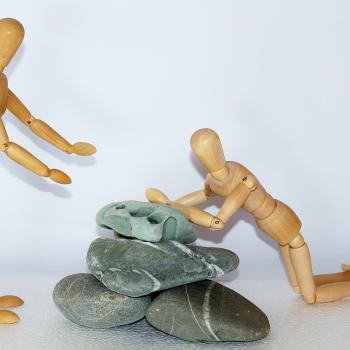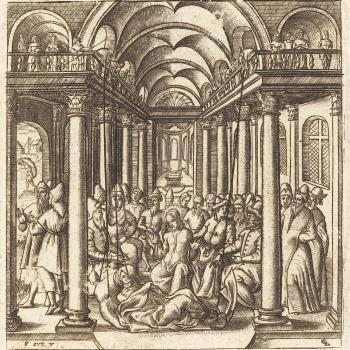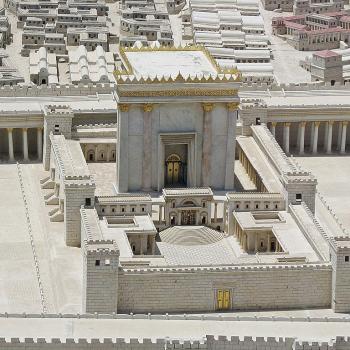![Late Roman statuette of Orpheus with the lyre, surrounded by beasts (4th century), from Aegina, now on display in the Byzantine and Christian Museum in Athens. Photo by Ricardo André Frantz (User:Tetraktys) (taken by Ricardo André Frantz) [CC BY-SA 3.0 (http://creativecommons.org/licenses/by-sa/3.0) or GFDL (http://www.gnu.org/copyleft/fdl.html)], via Wikimedia Commons](https://wp-media.patheos.com/blogs/sites/637/2017/05/Orfeu-atenas-198x300.jpg)
We can probably say, without much criticism, that the historical Orpheus was a strongly religious man; not only did he seek after the truth and find religious ways to engage the truths he discerned, but he helped develop the way Greeks were to engage the truth so that he at once a founder of the Greek philosophical tradition even as he was a religious reformer who left his mark on Greek theology. Likewise, he was a musician and poet, indeed, he had such great talent, that his music was believed to have power to influence its listeners, redirecting their thoughts, healing them in mind and body, so that they could attain peace of mind.
According to the myths, when his wife Eurydice died, he made his way to the underworld, seeking but failing to bring her back to life. This myth probably underscored his own religious sentiment of the afterlife, and the rites which were to be attributed to him, the Orphic Mysteries, used the myth of Eurydice to promote the rites which adherents believed would help souls find release from the terrible circle of life and death, of constant reincarnation which perpetuates human suffering. [1] Likewise, his death seems to have been at the hands of women, either followers of Dionysius who felt Orpheus scorned their god by accepting the Sun, Apollo, as the one true God, or by those who were attracted by him thanks to his music, only to find his rejection insufferable and believed that if they could not have him, no one should. The early 19th century English Platonist and translator of the Platonic corpus, Thomas Taylor, summarized quite well the tradition surrounding Orpheus and his influence:
This alone may depend on, from general assent, that there formerly lived a person named Orpheus, whose father was Oeagrus, who lived in Thrace, and who was the son of a king, who was the founder of theology among the Greeks, the institutor of their life and morals, the first of prophets, and the prince of poets; himself the offspring of a Muse; who taught the Greeks their sacred rites and mysteries, and from whose wisdom, as from a perpetual and abundant fountain, the divine muse of Homer, and the philosophy of Pythagoras and Plato, flowed; and lastly, who by the melody of his lyre, drew rocks, woods, and wild beasts, stopped rivers in their course, and even moved the inexorable king of hell; as every page, and all the writings of antiquity sufficiently evince.[2]
By his music, Orpheus’ strength and abilities were made manifest. Through it, he was believed to have power to control nature; the spiritual forces behind nature, the spiritual forces which guided and controlled nature, were themselves able to be charmed or manipulated by the power inherent in music, so that with his expertise with the lyre, Orpheus was seen to find a way to affect others. The world was believed to be full of spiritual powers, the powers of the air, angelic and devilish beings alike, naturally attracted to the music. They were engaged by Orpheus so that, charmed by him, he could direct them to act in accordance to his wishes. Likewise, these forces, which were believed to influence our minds, could therefore be put under control, so that inordinate desires, ungodly passions of the soul, could be countered by the power of musical suggestion, as Ficino explained:
In the good daemons, that is, in the world’s rulers, are powers with which they may justly detain us in a certain manner, and powers with which they may at some time release us or recall us to supernal things. Iamblichus proves this when he says that such daemons partly bind us to fate and partly free us from it. Hence Orpheus often sings that the divinities hold keys with which they may equally close and open. Having been enraptured by the Nymphs, Socrates therefore can liberate a young man from desires. [3]

















